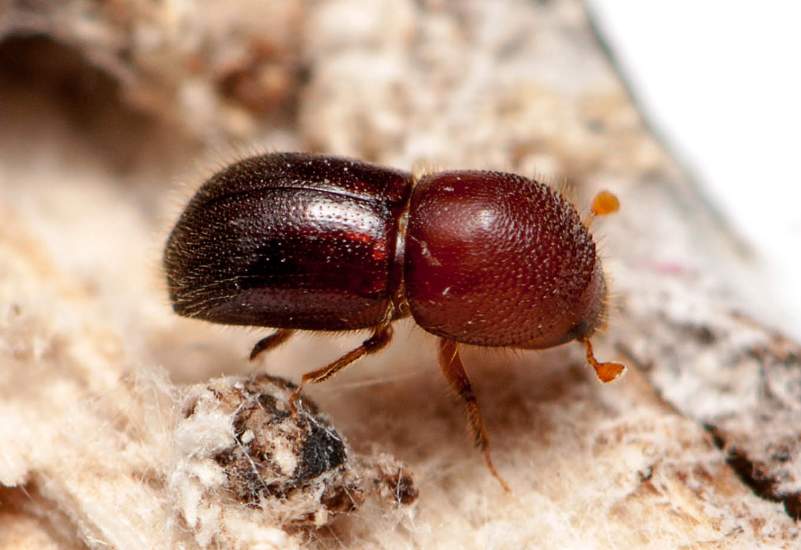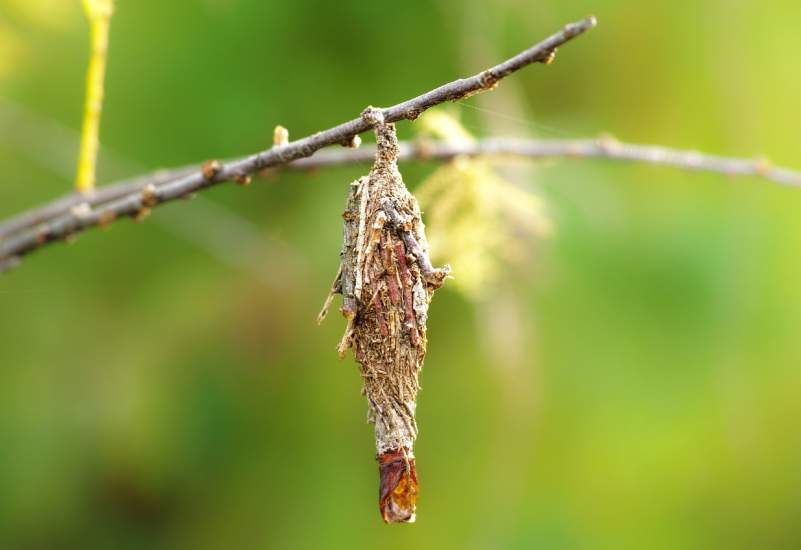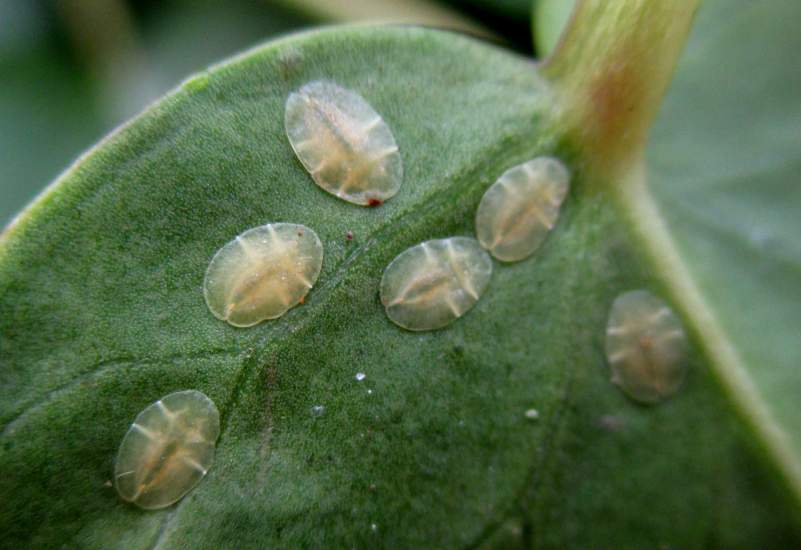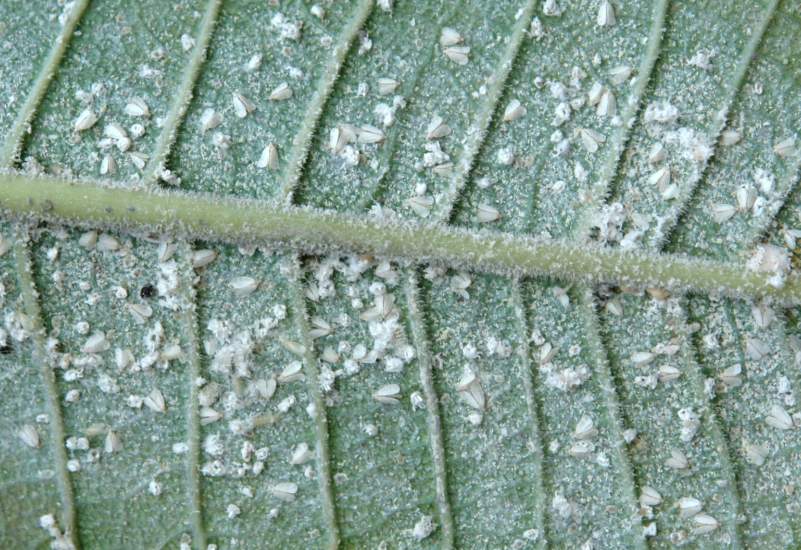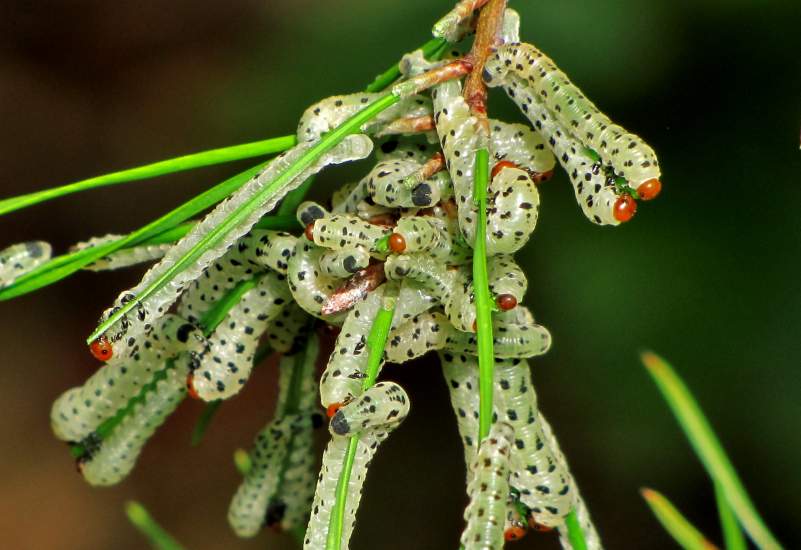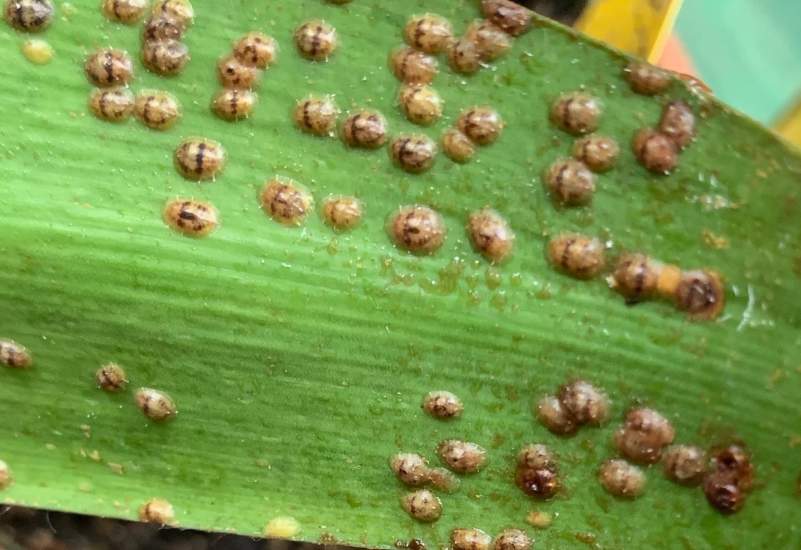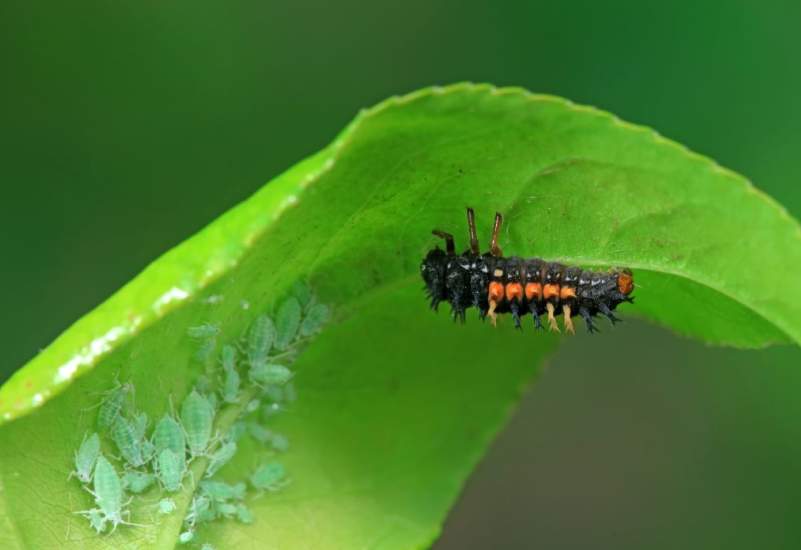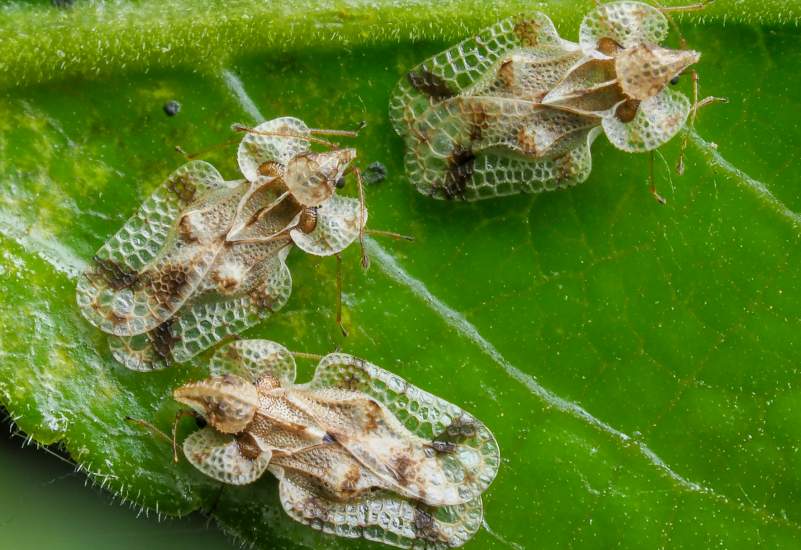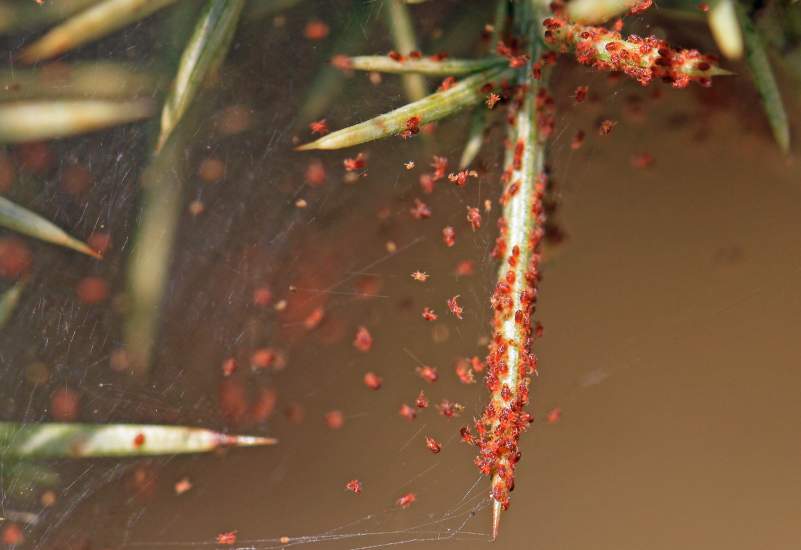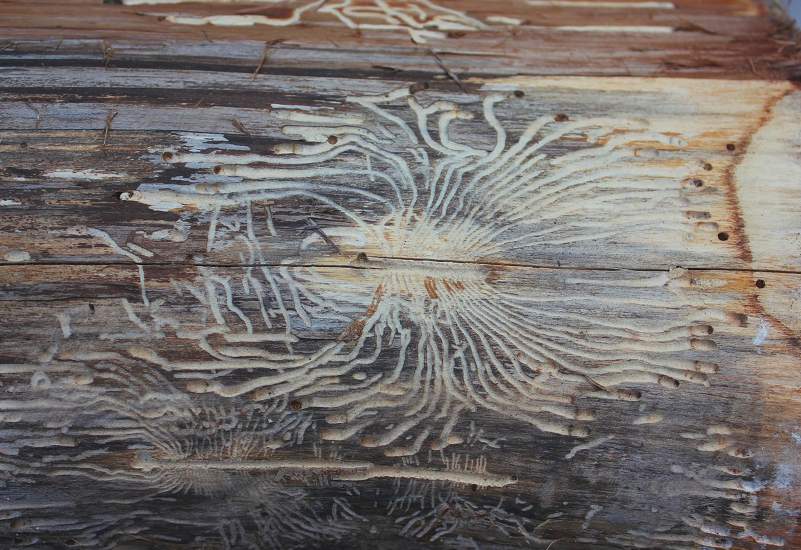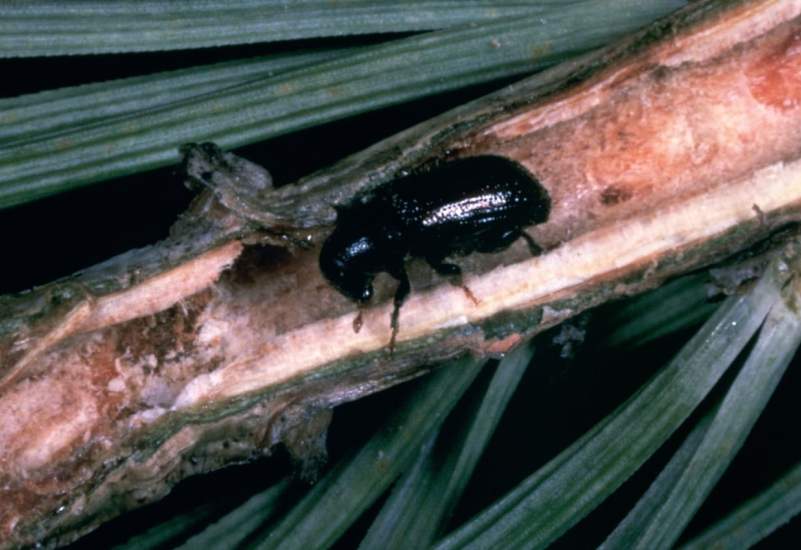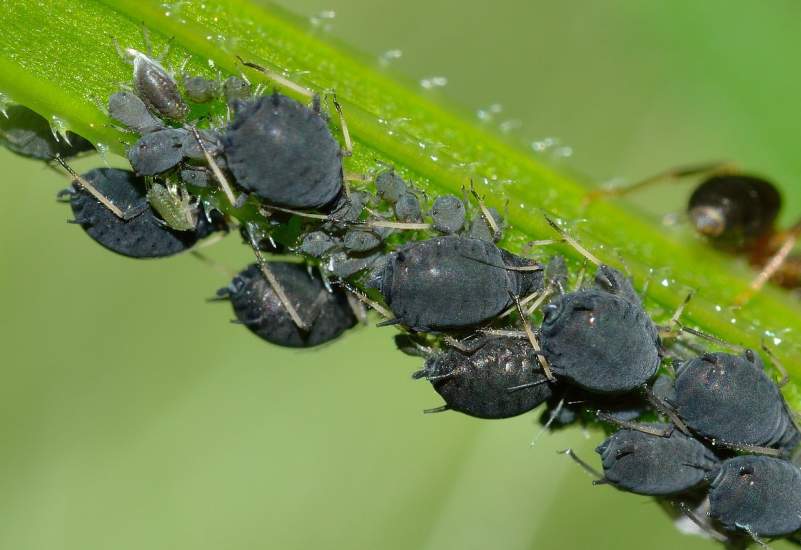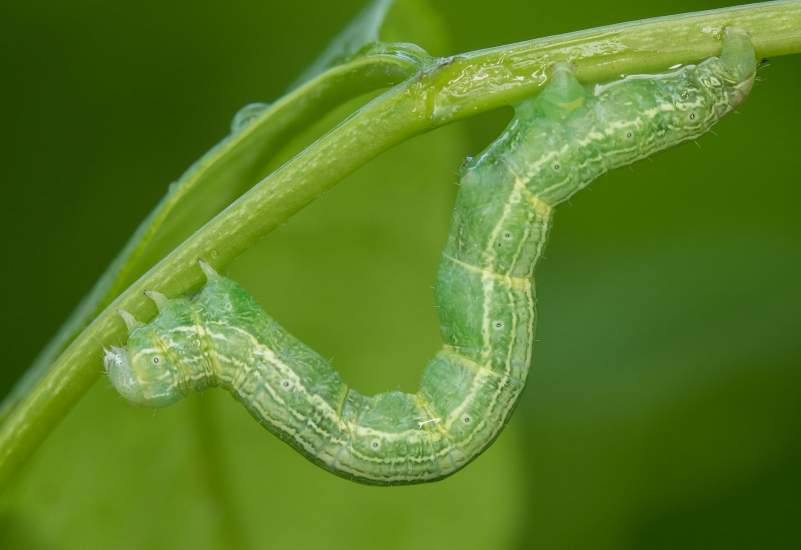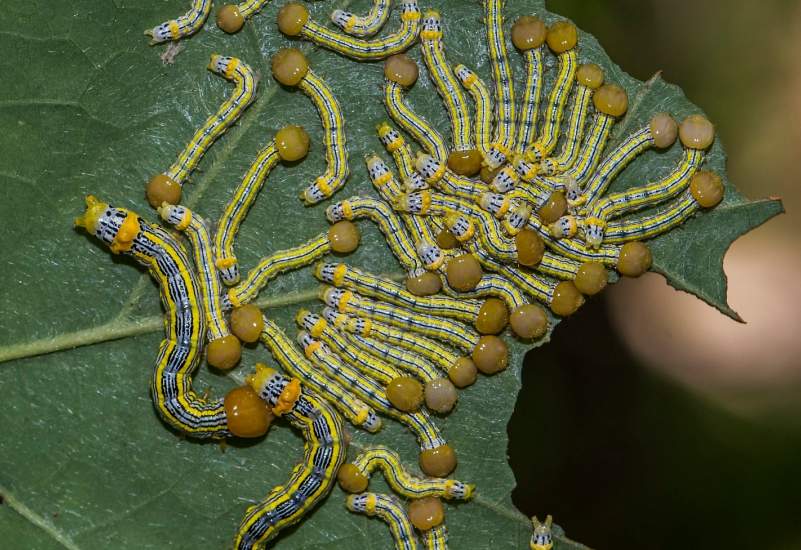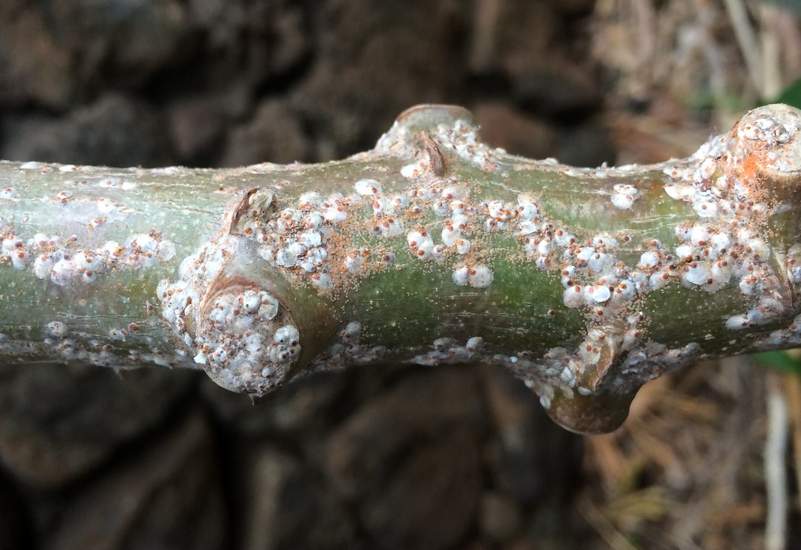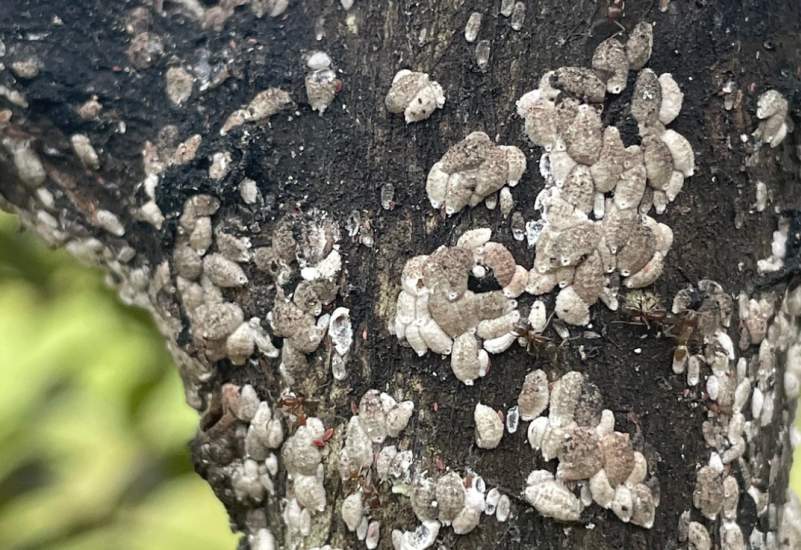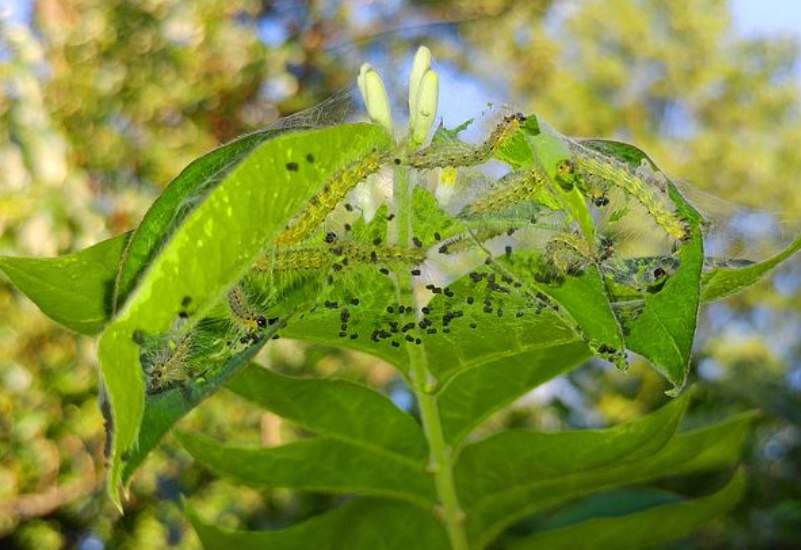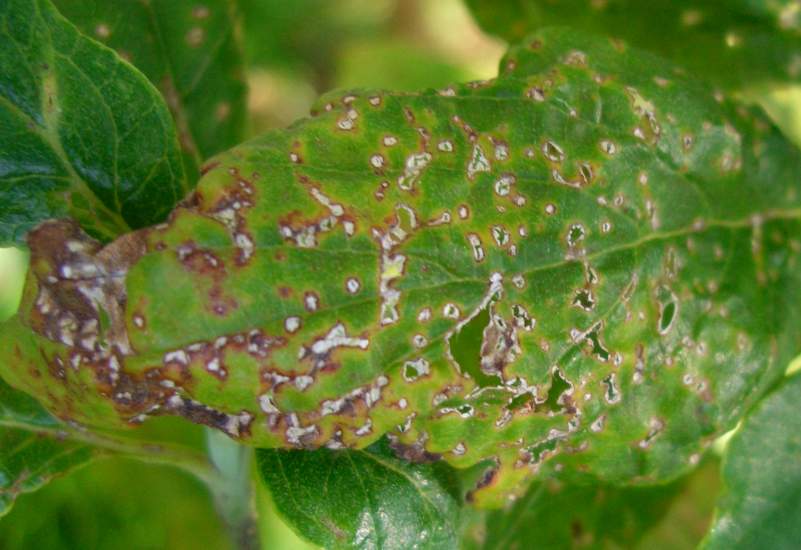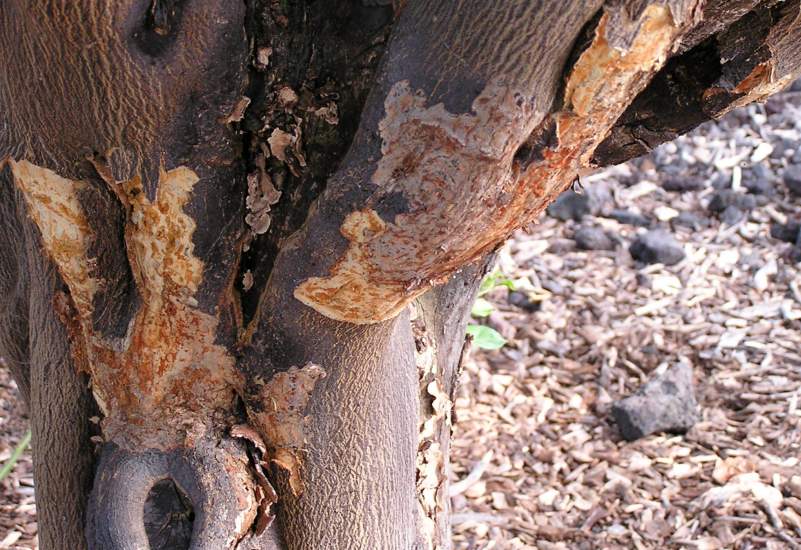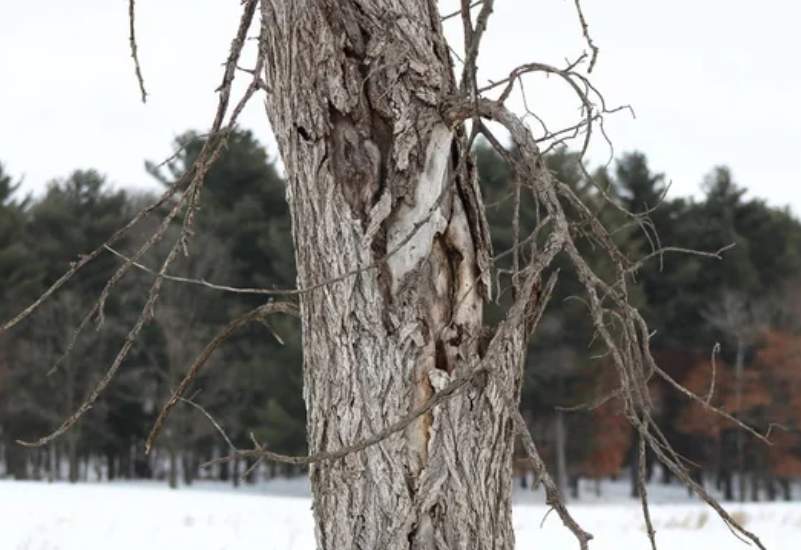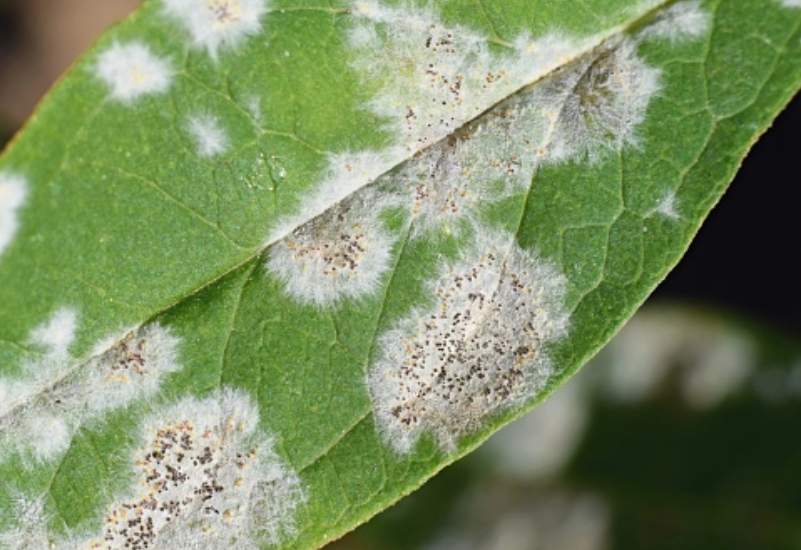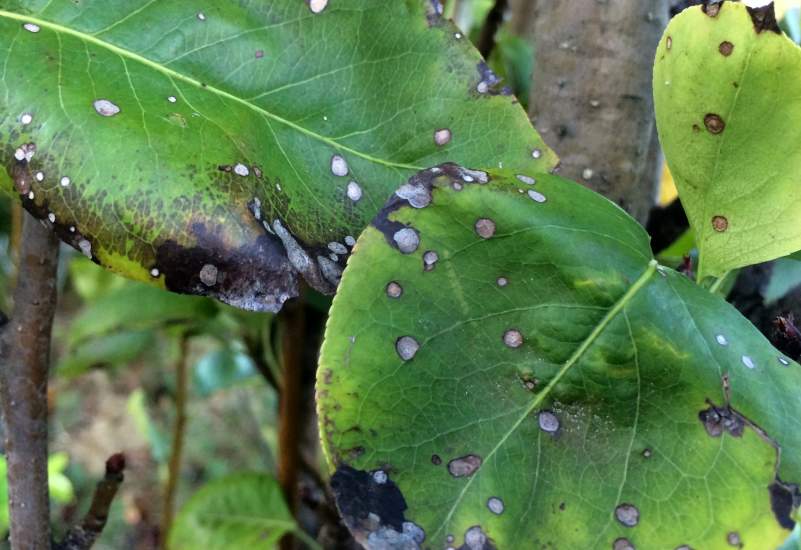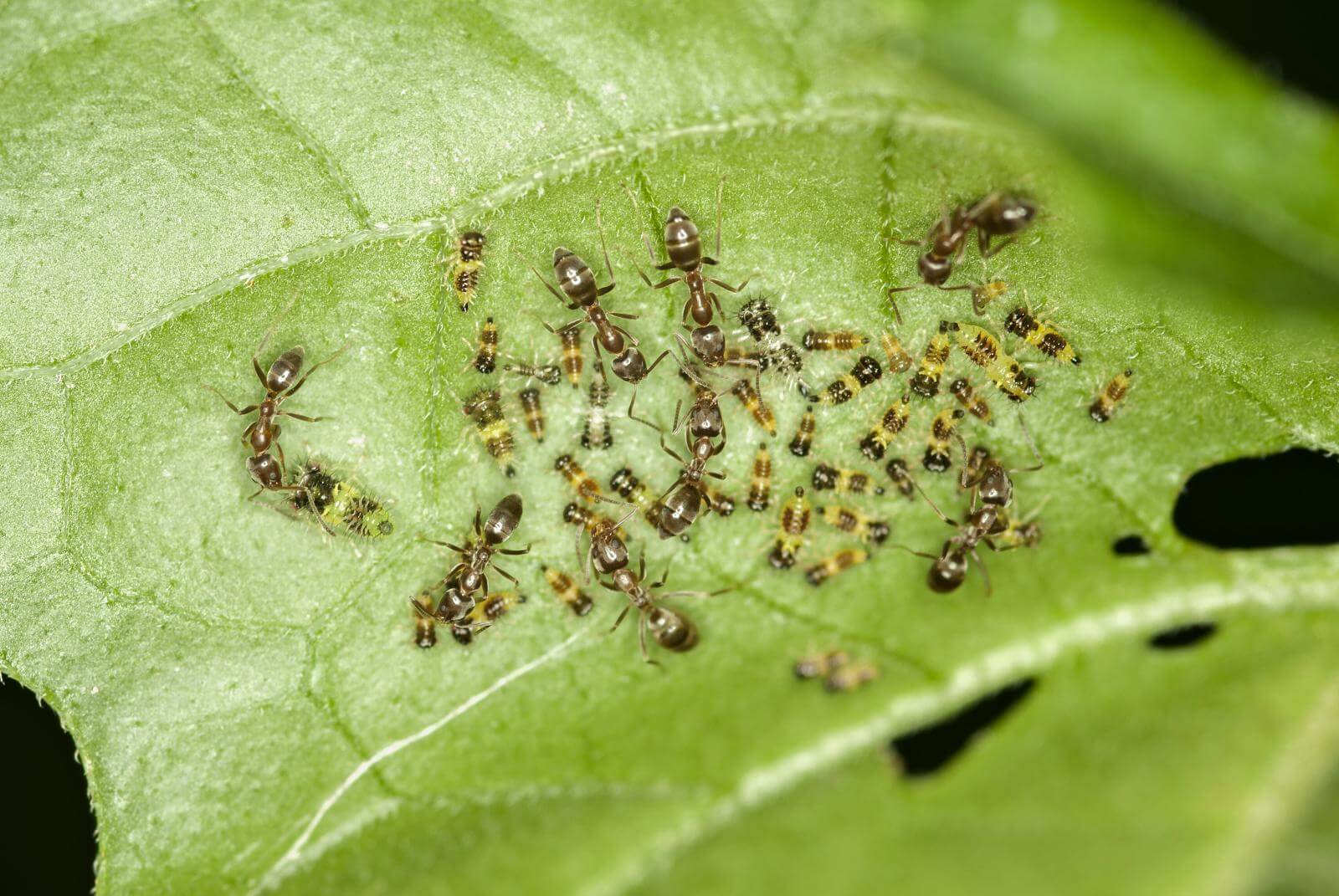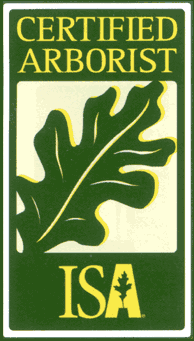Plant Health Care Service in Birmingham Al
Plant Health Care by Ace Tree Service: Comprehensive Landscape Wellness in Birmingham, Alabama
Plant Health Care is an all-encompassing strategy aimed at preserving and enhancing the health, vitality, and aesthetic appeal of your trees and shrubs. At Ace Tree Service in Birmingham, Alabama, we are dedicated to delivering the finest care for your landscape by integrating cultural, biological, and conventional insect and disease control methods.
Cultural practices form the cornerstone of a thriving and sustainable landscape. This includes carefully selecting and positioning new plant stock, implementing proper planting techniques, ensuring sufficient watering, mulching, soil enhancement, and pruning to encourage health and avert tree failure.
Biological control incorporates the use of natural parasites, pathogens, and predators to manage pests. Numerous beneficial organisms are already present in the landscape and can be supported by increasing plant diversity and reducing pesticide use.
In certain situations, pests and diseases may necessitate treatment. We employ a wide variety of natural, organic, and synthetic products, many of which are deemed "bio-rational," signifying their minimal environmental impact.
PEST & DISEASE TREATMENT
Pest Management
Our trained arborists and professionals can identify and manage a variety of insect and arthropod pests that may harm your plants. We offer an array of treatment methods to manage damaging pest populations, from small azaleas to towering oak trees.
Some common pests include:
Disease Management
Plant diseases are part of any natural ecosystem, but they can wreak havoc in your landscape. Treatment methods with timing and proper identification are crucial for successful disease management. Whether dealing with fungi or bacteria, root rot or leaf spot, our ISA certified arborists use the latest scientifically proven methods to treat your plants.
Common Plant Diseases include:
Soil Care
Enhanced Fertilization & Soil Conditioning
Optimal soil structure and nutrition are fundamental to maintaining healthy trees. Trees and shrubs on your property represent a significant and growing investment that requires proper care. Nutrient deficiencies can pose a threat, causing tip dieback, increased vulnerability to insect attacks, and disease. In urban environments, property owners frequently remove fallen leaves, which serve as a natural source of nutrients for trees.
We highly recommend including fertilization in both the Fall and Spring as part of your annual property maintenance routine. Well-nourished and hydrated trees are more resistant to pests and diseases, and can recover more rapidly from any issues that may arise.
Advanced Growth Regulator
We utilize Cambistat, a scientifically proven plant growth regulator (PGR), to enhance the health of your trees. Studies demonstrate that Cambistat gently slows down tree growth, enabling the tree to reallocate energy from canopy development to the production of defense chemicals, fibrous root growth, and other essential processes. The benefits of this energy redistribution result in healthier, more robust trees with greener leaves, reduced insect and disease damage, and enhanced resilience to drought and other environmental stressors.
Comprehensive Soil Decompaction
Tree roots face challenges when growing in compacted soil. That’s why we need loose soil, because open pores in loose soil provides trees with the necessary oxygen while retaining water like a sponge. We use Air Spade. It is a high-powered air tool to break up compacted soil, allowing us to "till" the soil without harming structural roots. We then introduce organic composted material to the soil, supplying nutrients and contributing to the maintenance of proper soil structure. This service is particularly beneficial for trees in areas heavily impacted by construction, vehicle traffic, or excessive foot traffic.
Improved Radial Trenching
Radial trenching is a technique designed to alleviate soil compaction and introduce nutrients to a tree's root zone. Air-blasting spoke-like sections in the root zone and filling the excavated holes with soil amendments and organic matter is what this method involves. Radial trenching promotes deep root growth extending far from the trunk and between structural root leaders. In areas with poor drainage or compacted soils is this approach is especially useful.
Advanced Vertical Mulching
Vertical mulching is a process used to decompact and enrich the soil in a tree's root zone, offering particular benefits for declining and construction-impacted trees. This technique involves air-blasting holes in the soil within the tree's root zone and filling the holes with amendments and organic matter. Vertical mulching serves to alleviate soil compaction and introduce nutrients to the root zone, promoting fibrous root growth and enhancing air and water penetration into the soil. As trees depend on the soil they were planted in to supply the majority of their nutrients throughout their life, this procedure creates channels for moisture to infiltrate the soil more effectively.
Root Collar Maintenance
This procedure involves the removal of girdling roots, which are roots that wrap around a tree and inhibit the transfer of nutrients from leaves to roots and vice versa. Girdling roots can gradually cause the death of a tree and leave it susceptible to various issues. These roots often result from improper planting practices involving nursery stock. By addressing girdling roots, we help ensure the healthy growth and longevity of your trees.
Soil Aeration
Soil aeration is crucial for the healthy growth of tree roots. Compact soil can deprive the roots of essential nutrients, water, and oxygen. We use specialized equipment to create small holes in the soil around the tree, promoting better airflow and water penetration. This process helps the tree's roots to absorb necessary nutrients and grow more efficiently.
Soil Amendments
Adding soil amendments can improve soil structure, drainage, and nutrient content, which ultimately benefits tree health. We assess the specific needs of your landscape and incorporate appropriate organic and inorganic amendments to enhance soil quality. Amendments may include compost, biochar, or mineral supplements.
Soil Testing & Analysis
Understanding the composition of your soil is essential for making informed decisions about tree care. We conduct soil tests to determine nutrient levels, pH balance, and overall soil health. With this information, we can create a customized care plan to address any deficiencies and optimize the soil environment for your trees.
Soil pH Adjustment
Soil pH plays a critical role in nutrient availability for trees. If the pH is too acidic or alkaline, certain nutrients may become unavailable, leading to poor tree health. We use lime to raise soil pH or sulfur to lower it, ensuring that the soil pH is within the optimal range for nutrient uptake.
Mycorrhizal Inoculation
Mycorrhizal fungi form symbiotic relationships with tree roots, improving nutrient and water absorption. Mycorrhizal fungi can significantly enhance tree health, particularly in nutrient-poor or disturbed soils. We add a mix of appropriate mycorrhizal fungi to the soil to establish these beneficial relationships and support tree vitality.
Organic Mulching
Organic mulching helps conserve moisture, suppress weeds, regulate soil temperature, and enrich the soil with nutrients as it decomposes. We carefully select and apply organic mulch materials, such as wood chips or bark, around the base of your trees to promote healthier soil conditions.
Tree Banding
Tree banding is a technique used to combat canker worms, which can damage the health of trees by eating their foliage. Canker worms are caught before reaching the tree canopy by wrapping the trunk with a "bandage" and a sticky substance. This prevents them from hindering the tree's ability to perform photosynthesis, which could otherwise lead to the tree's slow death. This type of tree banding has proven to be an effective solution to the problem of canker worms. We remove the banding in the spring after wrapping the trees in the fal.
Emerald Ash Borer
The Emerald Ash Borer is a destructive green beetle that has decimated ash tree populations across the United States. Ash trees, valued for their beauty and use in furniture making and baseball bats, are now an endangered species. Ash trees are commonly found near wet soils and creeks in lowland areas. Due to the invasive and aggressive nature of the Emerald Ash Borer, a trunk injection is the only proven strategy for protection and control. By acting quickly and administering injection treatments, we can help protect ash trees from this devastating beetle.
Risk Assessments
Our experts are trained to read the body language of trees, which includes both health and structure. We can investigate and report tree structure concerns, enabling you to make informed tree management decisions.



